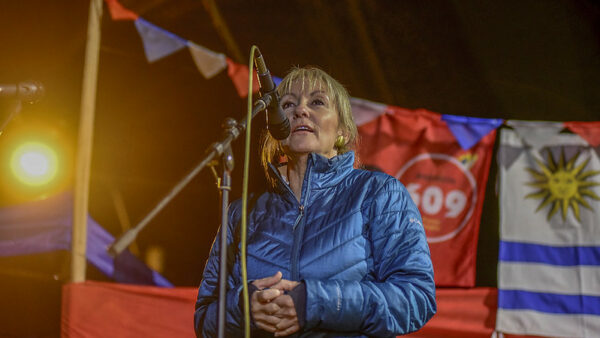“Is the coronavirus democratic? It is, in the sense that everyone is the same for the virus. But when you look at the socio-political aspect of the pandemic, there’s nothing democratic about it. Some people can afford to stay home and work remotely. Some can’t. Some will be able to treat themselves. Some won’t,” said philosopher Luiz Felipe Pondé, during a panel discussion on CNN Brasil late in April.
At the beginning of the pandemic, the coronavirus was initially described as this era’s “great equalizer,” for the universal impact it could have across social classes, gender, and race. But in many countries, Brazil included, there is nothing “equalizing” about the virus. Race matters. That is made clear by the progression of the pandemic in Brazil.
As editor Euan Marshall explained late in March, the coronavirus did not come to Brazil from China, but rather from Europe — brought by members of upper classes (who tend to be mostly white) who were traveling abroad. As soon as the virus set foot on Brazilian soil, however, the profiles of the victims began to change.
The first person to die of the disease in Rio de Janeiro was a 63-year-old black domestic worker who contracted the novel coronavirus from her employer — who neglected to disclose her condition to the maid. Brazilian social relations continue to be defined by race, with the majority of those living below the poverty line being...


 Search
Search






































